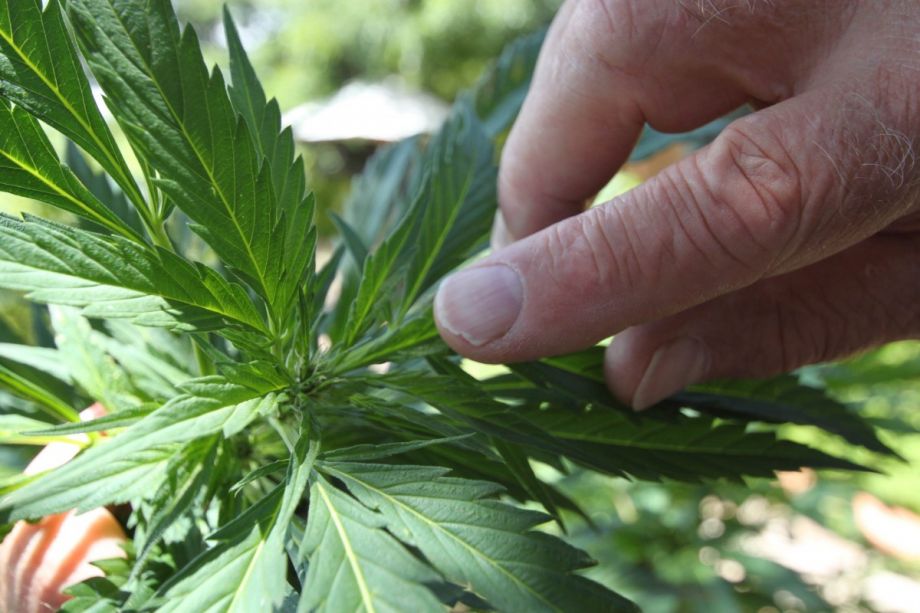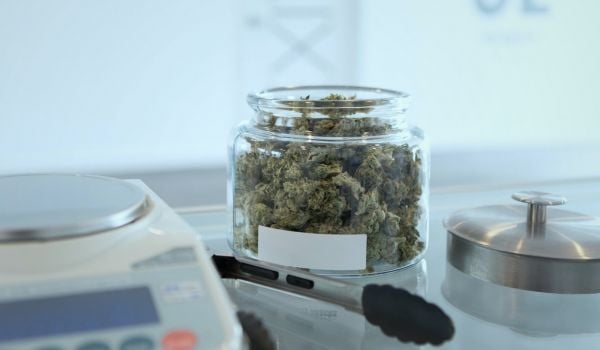There’s a disconnect between state and federal policy on marijuana, and the disparity has created a web of conflicting jurisdictions and priorities when it comes to the way the feds enforce drug laws in regard to sellers, growers and users in the states that have legalized marijuana for medical or recreational use. Federal prosecutors have come up with an eight-point system of criteria to determine whether any given case reaches the threshold for prosecution under the Controlled Substances Act.
Recently, however, the feds reminded pot farmers that they can mess with the industry in an even more fundamental way. The U.S. Bureau of Reclamation, which oversees the use of federal water resources in 17 Western states, put pot growers on notice that they cannot use federal water to irrigate their crops, and that they might face prosecution for doing so.
“As a federal agency, [the U.S. Bureau of] Reclamation is obligated to adhere to federal law in the conduct of its responsibilities to the American people,” Dan DuBray, chief of public affairs, told NBC News.
The bureau issued this official statement on the matter:
Reclamation will operate its facilities and administer its water-related contracts in a manner that is consistent with the Controlled Substances Act of 1970, as amended. This includes locations where state law has decriminalized or authorized the cultivation of marijuana. Reclamation will refer any inconsistent uses of federal resources of which it becomes aware to the Department of Justice and coordinate with the proper enforcement authorities.
In other words, if a Reclamation agent finds that a farmer is using federal water to grow pot, that information could well be forwarded to the Department of Justice for prosecution.
In Washington State, where the bureau is a source of irrigation water for 1.2 million acres, the decision has caused consternation. The Seattle Times called the Bureau’s announcement “[y]et another jarring policy swerve from the Obama administration on marijuana.” Members of both Colorado’s and Washington’s Congressional delegations criticized the Bureau’s statement. “Today’s decision again brings federal, state, and local law into conflict in a way that creates uncertainty among residents of states that have approved the use of marijuana,” Rep. Earl Blumenauer of Washington said. “The administration needs to give clear marching orders to the various agencies and for them to get in step to avoid problems like this in the future.”
It’s impossible to say how many marijuana growers use federal water. In Colorado, where outdoor cultivation is prohibited, federal water is often combined with local water in reservoirs, and that mixing, says the Bureau, would exempt that water from the recently announced enforcement criteria.
“This decision just further underscores the absurdity behind federal marijuana laws, and the need for Congress to fix them,” Dan Riffle, director of federal policies for the Marijuana Policy Project, told the Huffington Post.
It also underscored the tricky politics of water use, especially in the drought-plagued West. With ever more competition among residential, agricultural and industrial uses for the region’s ever-shrinking supply of water, there are certain to be more conflicts over just what constitutes a legitimate use of the precious resource, and what can be cut.
In California, for instance, the pinch is being felt in wine country, where many growers have traditionally relied heavily on groundwater and rainfall rather than irrigation, but are now seeing their vines threatened by the long dry spell. According to Bloomberg, in San Luis Obispo County, where two-thirds of the local aquifer water goes to grapes and other agriculture, supervisors last year declared a moratorium on new vineyards after some homeowners’ wells failed.
“Wine is a luxury, it’s not a necessity,” one local woman told Bloomberg. “I love wine. I love the industry, but we need to protect our water sources, not abuse them. Water is priceless.”
Water is also complicated. And adding a hugely profitable, legally entangled crop like pot will likely make the long-term Western water picture just that much murkier.
Watermark is made possible with the support of the Surdna Foundation.

Sarah Goodyear has written about cities for a variety of publications, including CityLab, Grist and Streetsblog. She lives in Brooklyn.

















